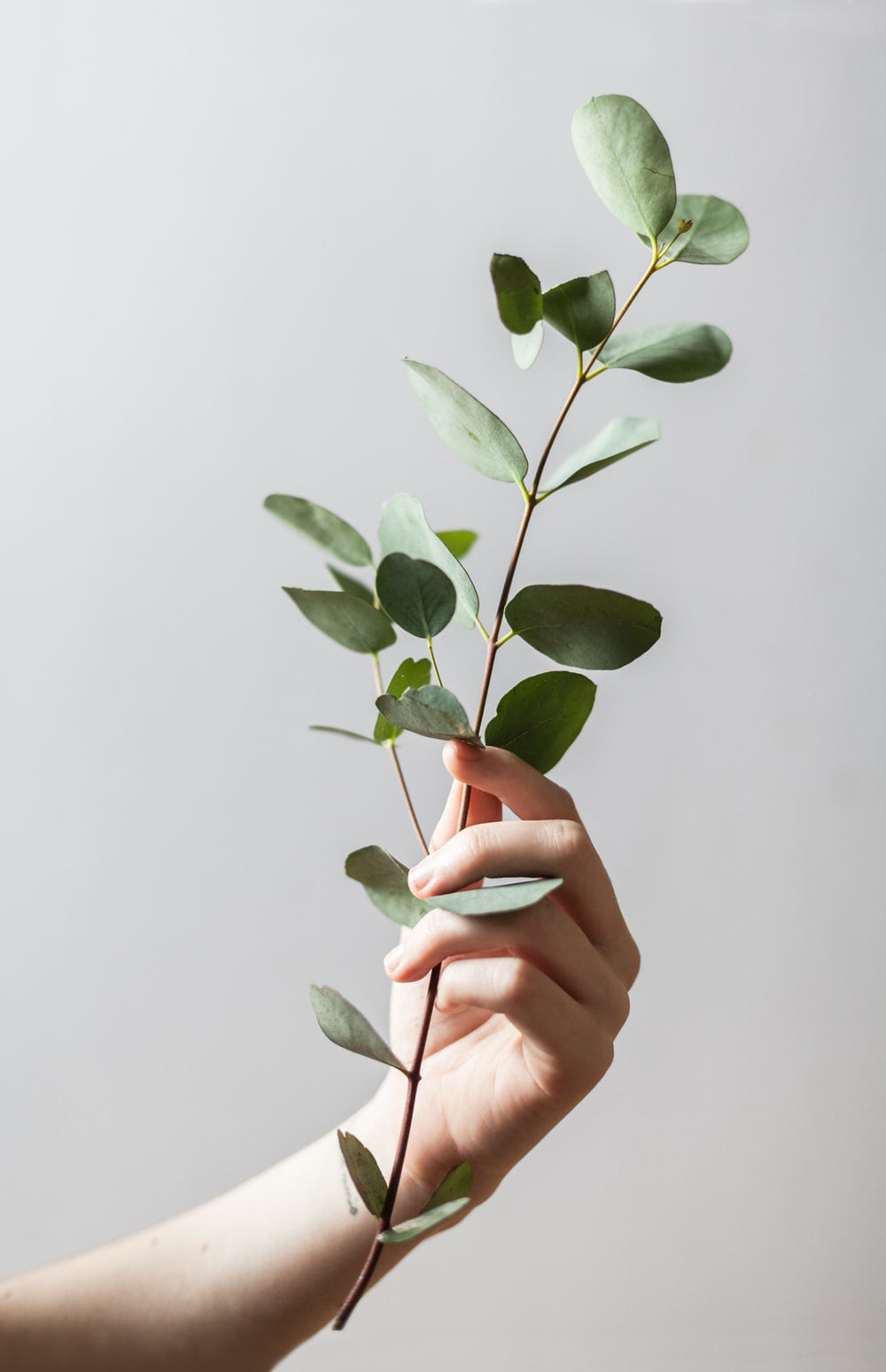
Relieve Allergy Symptoms Without Drugs
There have been developments for the consideration of natural remedies in the alleviation of symptoms associated with allergies such as for your stuffy, runny, itchy nose? Natural treatments can't totally replace requiring medications that are needed to treat the most severe cases, but if you have seasonal allergies you may only need allergy “medications” at the height of the pollen season. Natural remedies and and do work very well for many patients alongside them. From nasal sprays, essential oils acupuncture to supplements, here are some simple things that might help you breathe easier.
Acupuncture. In this ancient Chinese therapy, an expert sticks tiny needles gently -- and, many people say, painlessly -- into your skin at specific points. Studies of acupuncture for the treatment of allergies have shown mixed results, with the most rigorous studies showing very modest clinical benefit. Acupuncture may be a reasonable option for interested patients with relatively mild disease who wish to minimize medication use and find the cost of therapy acceptable as in many cases they are not covered by insurance.
Allergy-proofing your home. You can't stop pollen from blowing outside. But you do have some control over what happens inside your home. Keep your windows shut when pollen is in the air. Run the air filtrations system such as air conditioning instead. If you can, change your clothes before coming inside (or as soon as you get in), remove your shoes, and shower.
HEPA filters. Studies are mixed about whether air filters help with allergy symptoms. That’s because far more allergens rest on surfaces like rugs, furniture, and countertops than simply hang in the air, but aerosolized allergens are very nicely removed by these filtration systems. So cleaning is an important step in controlling your allergy and asthma triggers. If you buy an air filter, make sure it's a HEPA filter. These capture fine, pollen-sized particles. It's a good idea to get a vacuum cleaner with a HEPA filter, too. Regular vacuums can blow allergens back into the air. Also remember that the filters in these must be regularly changed as with HVAC systems that should be changed on a more regular basis than “once a year”!
Nasal washes. Nasal lavages are excellent methods to clean the nasal passage and rinse out your sinuses. The use of sterile saline solutions are very good for post operative procedure to assist in the removal of clots. The chronic use of distilled or sterile water can lead to progressive irritation of the nasal mucosa and sinuses. The use of essential oil with menthol and eucalyptus has been shown to improve allergic symptoms including nasal congestion, but they have also been used in combination with medications such as oxymetozaline, a widely used and abused decongestant. Sinusol® Breathe Easy is steroid and medication free and is a uniquely blended formulation of essential oils that contain menthol, eucalyptus, mint, cinnamon, birch and other ingredients that provide exceptional relief from nasal and sinus symptoms such as congestion, sneezing, sinus headaches, post nasal drip, cough, m mouth breathing
As reflected in a recent partient’s testimonial “…I was congested, having headaches, runny nose, sore throat, and overall feeling crappy (8-9/10 ; 10 being the worse) and started taking Sinusol® Breathe Easy - the next day I felt better (2-3/10). I have told others about it especially with the weather changes. I love that it is natural and smells great and does not have any of the side effects like burning or drying me out.”…
Protection. It is allergy season, know your triggers in order to keep them at bay. Consider monitoring the real pollen counts with the use of the free AccuPollen® iOS or Android mobile application or checking out the National Allergy Bureau website Don’t do outdoor activities when pollen counts are high. Most pollen peaks between 5 a.m. and 10 a.m. each day, and can also be high around midday when it’s warm and windy. And anytime you garden or clean the garage, wear a dust mask and sunglasses to keep allergens out of your nose, mouth, and eyes
Supplements. There's evidence that some supplements help nasal allergies. Butterbur is one of the most promising and well-researched. Studies show that butterbur -- specifically a butterbur extract called Ze 339 -- works as well as some allergy drugs. Still, butterbur has been linked to liver damage. Those interested in using it should also be aware of this potential hazard and be advised about early symptoms. Fermented red ginseng resulted in significant improvement in nasal congestion and rhinitis quality of life. An Indian herbal product containing extract from the stem of Tinospora cordifolia has been shown in studied to give significant improvement in sneezing, nasal discharge, nasal obstruction, and itchy nose - but it can raise your white blood cell count. There's evidence that other supplements, such as quercetin, may help, too.
